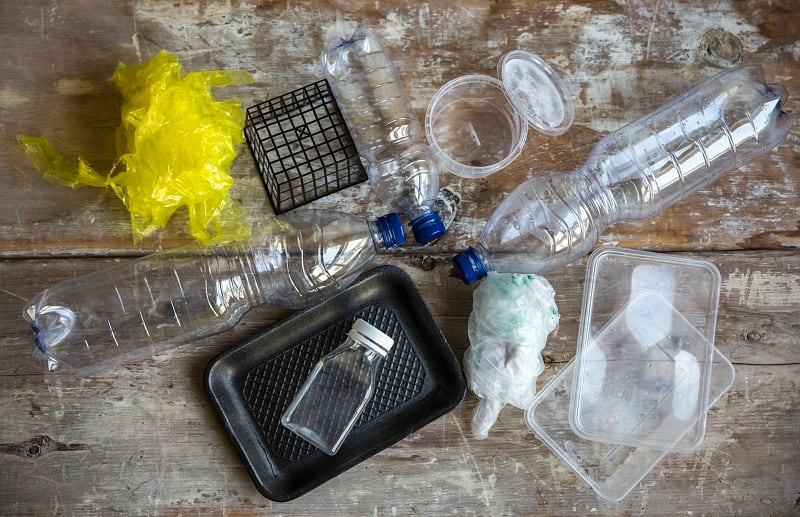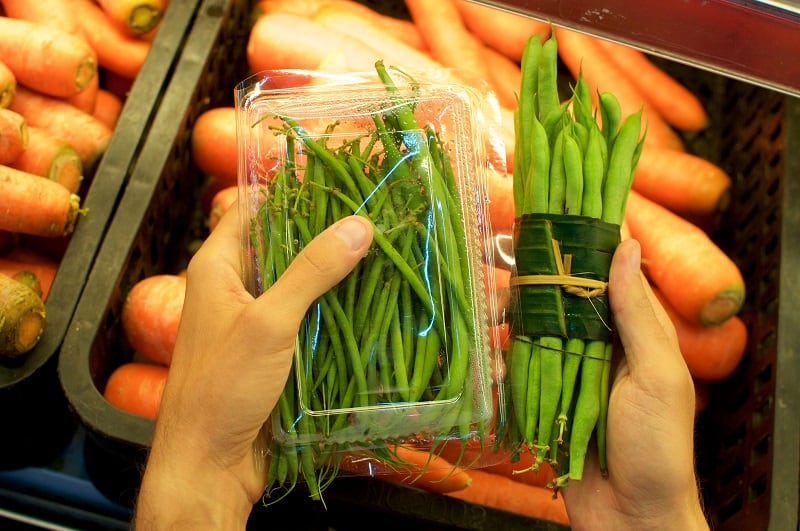The UK’s new tax on plastic packaging presents a ‘real boost’ for the circular economy and recycling infrastructure, according to sustainability experts at Bureau Veritas.
Earlier this month, in his first Budget as Chancellor, Rishi Sunak announced that from April 2022, the UK will introduce a new plastics packaging tax. The levy means manufacturers and importers whose products have less than 30% recyclable material will be charged £200 per tonne. The move is designed to increase the use of recycled plastic in packaging by 40%, which according to the government is “equal to carbon savings of nearly 200,000 tonnes”.
The UK’s Food and Drink Federation complained that the tax will penalise food and drink producers and called instead for efforts to improve the country’s recycling efforts.
Bureau Veritas said it believes the packaging levy is likely to aid companies looking to incorporate the principles of circular economy into their operations by helping to create new markets for recyclable materials that have traditionally ended up in landfill.
David Murray, Technical Director for Sustainability at Bureau Veritas, said: “The UK’s plastic tax announcement reflects the prevailing public sentiment that businesses should be doing more to combat the level of plastic waste that is having a detrimental impact on our environment.
“The levy will provide a real boost for the UK’s mission to move towards a circular economy as too it will undoubtedly help to unlock future investment in recycling infrastructure. It will also allow the resources and waste sector to utilise valuable materials that have traditionally been lost to export markets.
“On a wider scale, this will have huge implications for the rising number of businesses we’ve seen in recent years looking to embed sustainability into their operations by adopting circular economy principles. For instance, the policy is likely to boost the recycling rates of the entire supply chain - from procurement to disposal – reducing waste output as well as spurring more sustainable product design. It will also help to drive a company’s Corporate Social Responsibility (CSR) profile and according to latest research, offers real benefit in cost-savings through improved efficiencies across for the UK manufacturing sectors in particular.”
The government has now launched a consultation, open until 20 May, on the detailed design and implementation of the tax.
Murray added: “Given the rising demand for sustainable practices, adopting circular economy principles into many businesses is now timelier than it’s ever been. And, as a fundamental part of achieving the UK’s ambitious environmental obligations of reaching Net Zero emissions by 2025, many sectors should be taking the time now to embrace the circular model and understand the impact this could have on creating a truly sustainable economy.”





